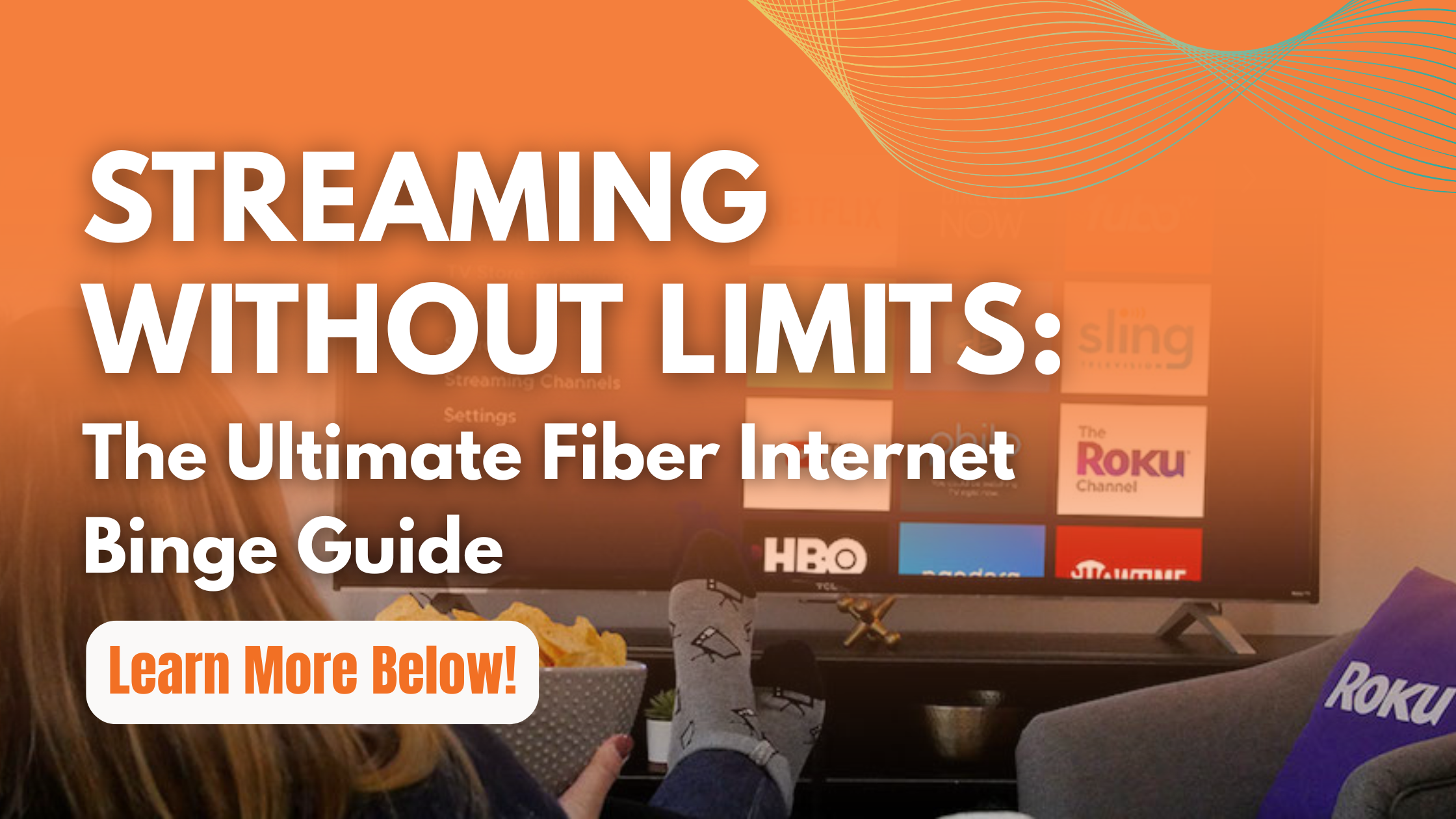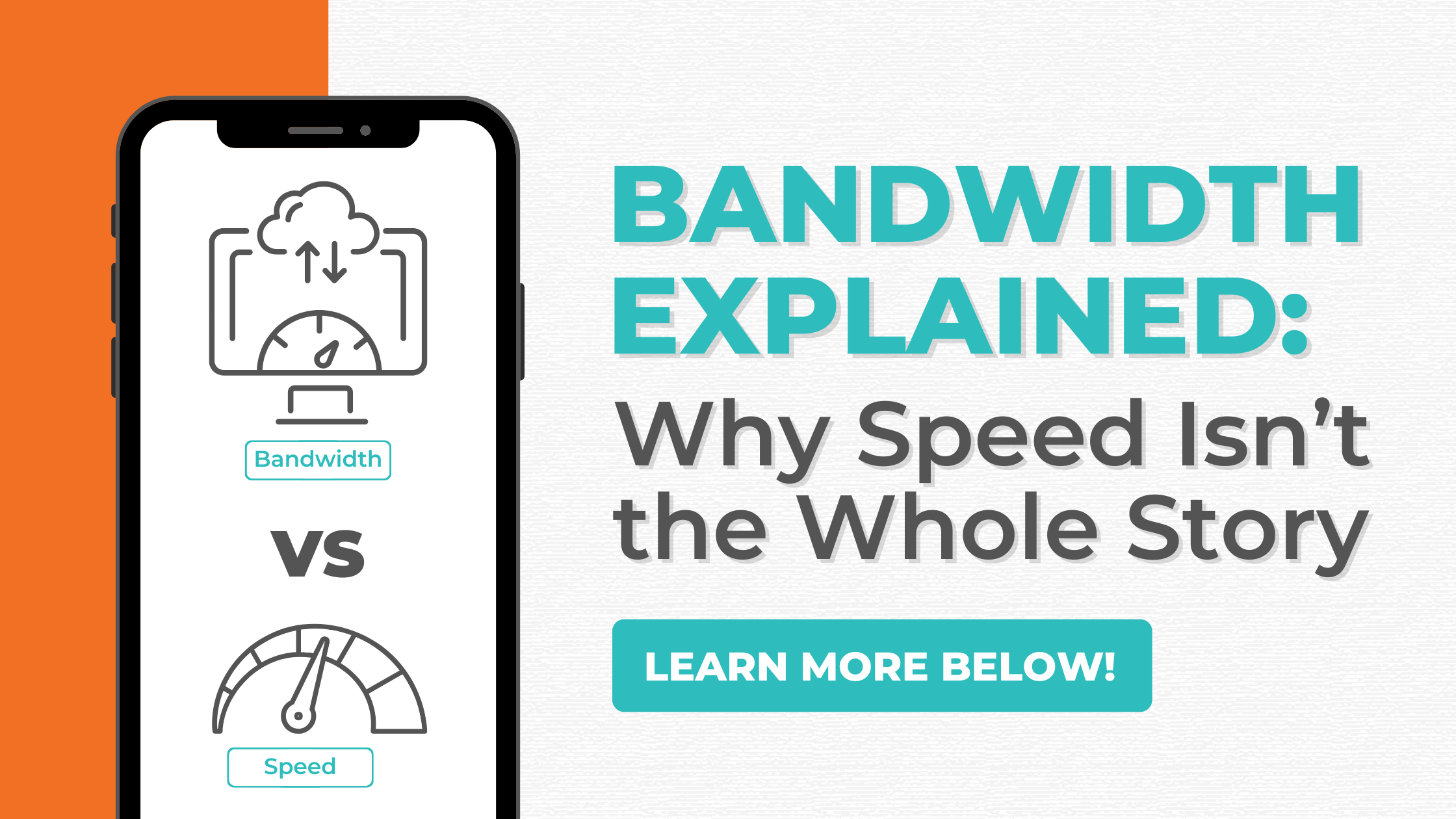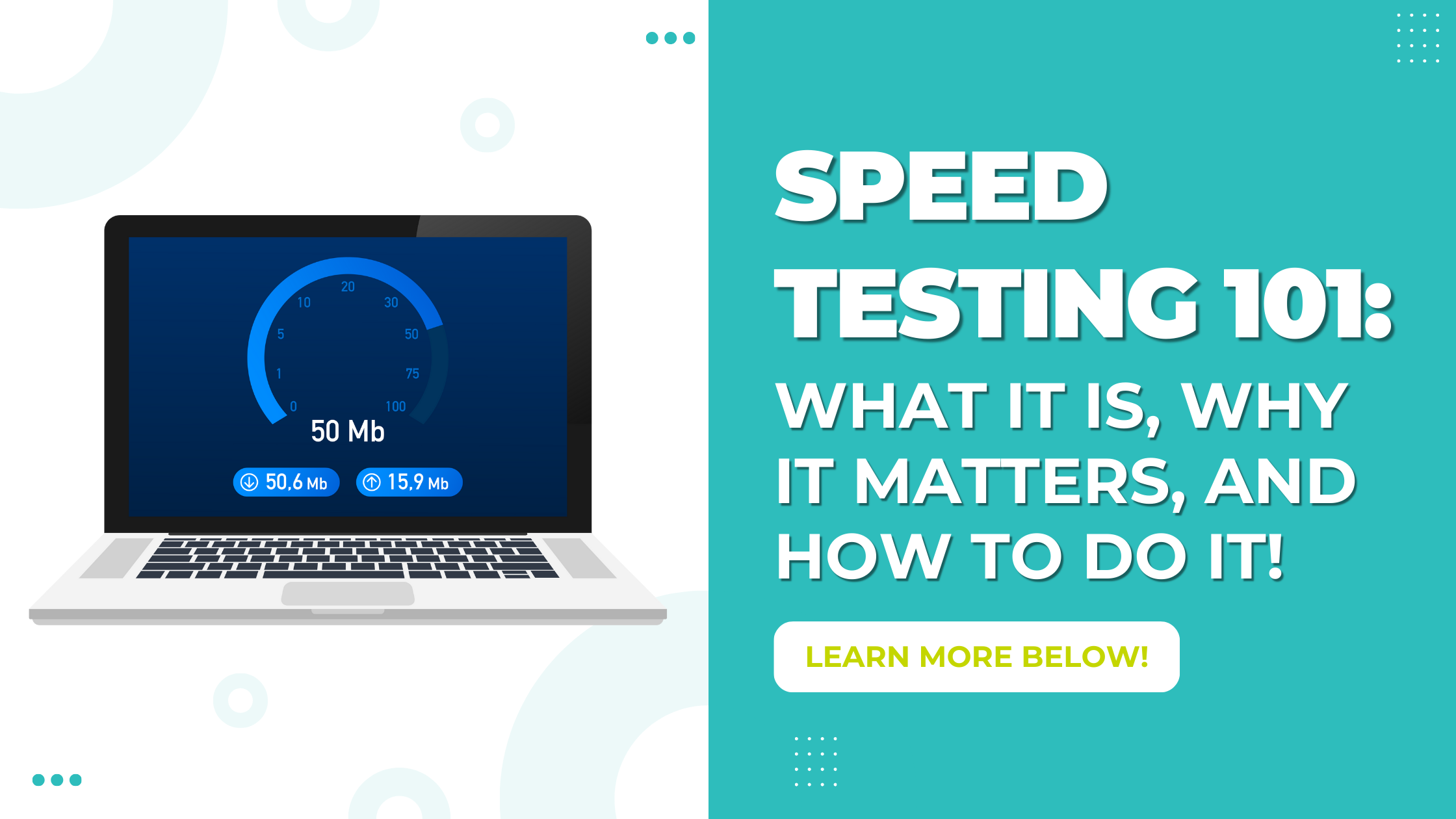The rise of high-speed internet launched us into a new territory where streaming is more prominent than ever before....
CurrentlyTrendingOn Our Blog
Stay in the loop with all things UTOPIA Fiber! Discover exciting troubleshooting tips, fun facts about fiber, employee stories, and so much more!
In today’s digital world, the internet plays a role in nearly every part of our lives—from how we communicate...
When it comes to internet service, there are a lot of technical buzzwords that get thrown around, but “speed”...
We think it’s safe to say that as our world becomes increasingly connected, the demand for faster, more reliable...
Ever feel like your internet is slower than it should be? Or wonder if you’re really getting the speeds...
Is your installation date approaching, but you still need to choose a router? No worries—we’ve got you covered! We’ve...





